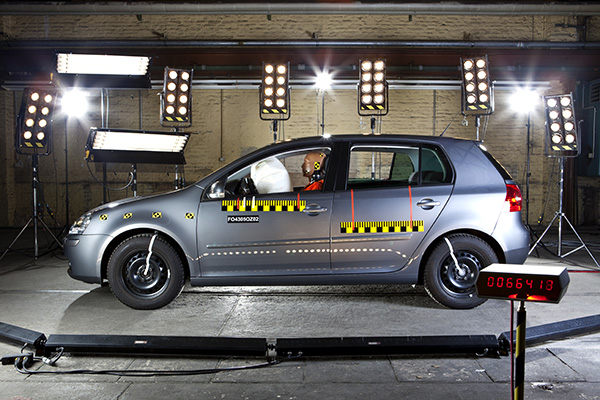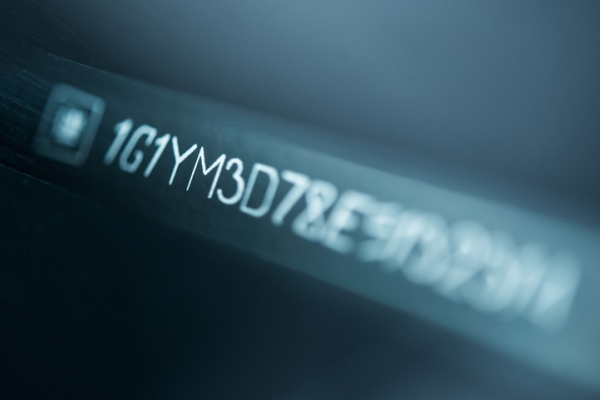This post was originally published on www.geico.com
In 2020, more than 54 million vehicles were recalled across the country. (Could your car be one of them? Click here to check NHTSA’s database and find out.)
Even more alarming, family-oriented types like Minivans and SUVs are more likely to have open recalls on the road. In any given year, only about 75 percent of recalled vehicles actually get fixed, according to the National Highway Traffic Safety Administration (NHTSA), which administers recalls. Owners of the remaining 25 percent are either unaware of the recalls or, as one recent study suggests, ignore them because fixing the problem would be an inconvenience.
But according to the National Safety Commission (NSC), heeding recalls is crucial to minimizing accidents on U.S. streets and highways. “Drivers may not realize how serious safety recalls really are,” said Maureen Vogel, a spokesperson for the NSC. “But manufacturers don’t issue recalls unless the defect poses a real risk. Even if the problem seems small, it is important to fix recalls when they occur.”
What A Recall Means
Federal Motor Vehicle Safety Standards maintained by NHTSA include performance requirements for all vehicles made in or imported to the U.S. and driven on public roads. These requirements monitor vehicle parts that are critical to safe operation (like brakes, steering and lighting) as well as parts that protect passengers in the event of a crash (like air bags and safety belts).
 When a safety-related defect that will prevent a vehicle from meeting these federal standards is identified, a recall is issued. Vehicle manufacturers usually discover such defects, but occasionally they’re identified when many individual car owners report the same problem, prompting NHTSA to open an investigation.
When a safety-related defect that will prevent a vehicle from meeting these federal standards is identified, a recall is issued. Vehicle manufacturers usually discover such defects, but occasionally they’re identified when many individual car owners report the same problem, prompting NHTSA to open an investigation.
Once a recall has been determined, the vehicle manufacturer is legally required to inform car owners about it (typically by mail). The manufacturer must also inform owners of how to get the problem corrected and must provide repairs—at no cost.
Stay Informed, Stay Safe
How do you know if your car has a recall notice? In addition to the mailing you should receive, NHTSA keeps a comprehensive, current database of safety-related recalls. A quick online search using your car’s VIN number will let you see all related open recalls, as well as information about repairs. You’ll also have the option of getting future recall alerts by e-mail.
 Automotive-service companies are also doing more to help drivers stay up-to-date on recalls. CARFAX, for example, which provides vehicle-history reports to buyers of used cars, recently teamed up with GEICO to offer Vehicle Care—a feature on the GEICO Mobile app that provides the latest recall alerts, as well as service-related reminders, powered by myCARFAX.
Automotive-service companies are also doing more to help drivers stay up-to-date on recalls. CARFAX, for example, which provides vehicle-history reports to buyers of used cars, recently teamed up with GEICO to offer Vehicle Care—a feature on the GEICO Mobile app that provides the latest recall alerts, as well as service-related reminders, powered by myCARFAX.
And a pilot program recently launched by NHTSA may eventually allow more car owners to be notified of open recalls when they register cars with their state Department of Motor Vehicles. Though it’s still in the early stages, the program has the potential to reach more drivers before they take their cars on the road.
Another smart way to protect your car? With GEICO auto insurance. Get a fast, free quote now. And don’t forget to download the GEICO Mobile app for access to the new Vehicle Care feature.
Read More: Some car problems could be our own fault. Here are 5 Ways You May Be Hurting Your Car.
[ad_1]
